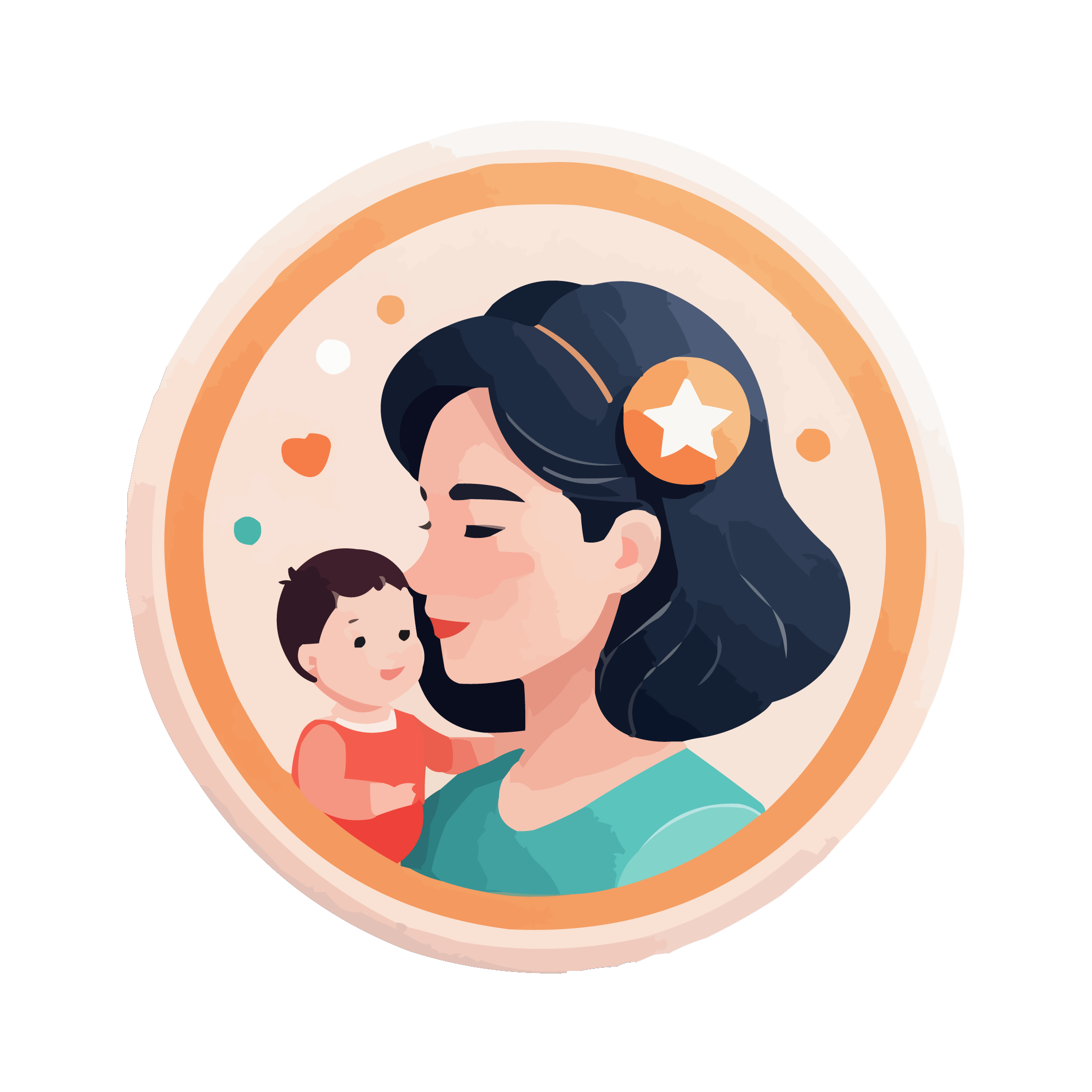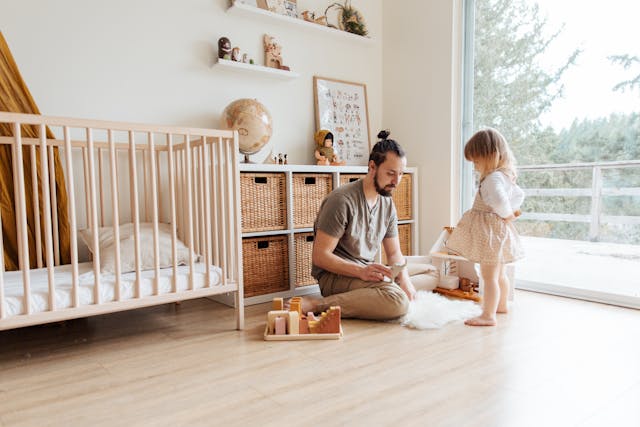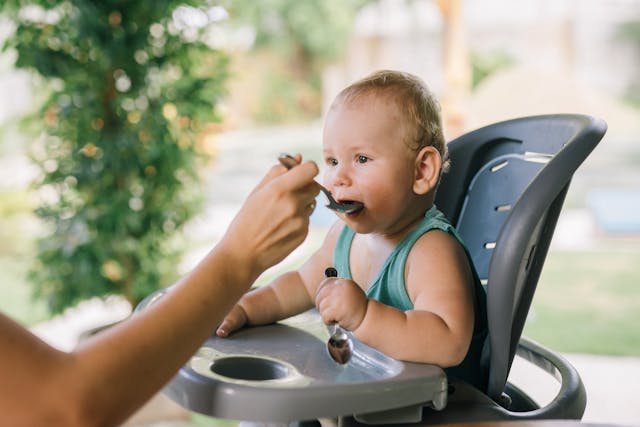When Can I Take My Baby Outside?

Contents
When Can I Take My Baby Outside? A Guide for New Parents
Bringing your newborn home is a time of joy, but it also comes with many questions and concerns. One common question many new parents have is, “When can I take my baby outside?” While it’s natural to want to protect your newborn from the outside world, fresh air and a change of scenery can be beneficial for both you and your baby. In this blog, we’ll explore the factors to consider when deciding to take your baby outside, tips for making outings safe and enjoyable, and the benefits of outdoor time for newborns.
When Is It Safe to Take Your Baby Outside?
The answer to when you can take your baby outside largely depends on your baby’s health, the environment, and your comfort level as a parent. Generally, most pediatricians agree that it’s safe to take your baby outside as soon as you feel ready. However, there are some important considerations to keep in mind:
- Baby’s Health: If your baby was born prematurely or has underlying health conditions, it’s important to consult with your pediatrician before taking them outside. Babies with compromised immune systems may need to avoid crowded places or exposure to others who may be sick.
- Weather Conditions: The weather plays a significant role in deciding when to take your baby outside. Extremely hot or cold temperatures can be challenging for a newborn. If it’s too hot, your baby is at risk of overheating; if it’s too cold, they could become chilled quickly. Mild weather with moderate temperatures is ideal for your baby’s first outings.
- Crowded Places: It’s advisable to avoid crowded places, such as shopping malls or public transportation, especially during the first few months. Your newborn’s immune system is still developing, making them more susceptible to infections. If you need to go to a busy place, consider going during off-peak hours to minimize exposure to large groups of people.
- Duration of Outings: For the first few trips outside, keep the outings short. Start with 10 to 15 minutes in your backyard, on a quiet street, or in a local park. Gradually increase the time as you and your baby become more comfortable with outdoor excursions.
Benefits of Taking Your Baby Outside
Taking your baby outside offers several benefits for both your little one and you. Here are some reasons why outdoor time is beneficial:
- Fresh Air and Sunlight: Fresh air and natural sunlight are good for everyone, including newborns. Sunlight helps the body produce vitamin D, which is essential for bone health and overall well-being. Just remember to avoid direct sun exposure, especially between 10 a.m. and 4 p.m., when the sun’s rays are strongest.
- Exposure to Nature: Spending time outside can stimulate your baby’s senses. The sounds of birds, the rustling of leaves, and the feel of a gentle breeze can all be new and exciting experiences for your newborn. These sensory experiences contribute to your baby’s cognitive development.
- Improves Sleep: A change of scenery and the natural light during the day can help regulate your baby’s circadian rhythm, promoting better sleep patterns. Many parents find that their baby sleeps better after spending time outside.
- Mental Health for Parents: Taking your baby outside isn’t just beneficial for them; it’s also good for you. Fresh air and a break from being indoors can boost your mood, reduce stress, and help you feel more connected to the world around you.
Tips for Safe and Enjoyable Outings
When you’re ready to take your baby outside, it’s important to plan ahead to ensure a safe and enjoyable experience. Here are some tips to keep in mind:
- Dress Appropriately: Dress your baby in layers to keep them comfortable. Babies lose heat faster than adults, so it’s important to keep them warm in cooler weather. In warmer weather, lightweight clothing and a sun hat are essential. Always have a blanket or extra layers on hand in case the weather changes.
- Sun Protection: Protect your baby from the sun by staying in the shade, using a stroller canopy, or a wide-brimmed hat. For babies under six months, it’s best to avoid direct sun exposure. If necessary, apply a small amount of baby-safe sunscreen to exposed areas like the face and hands, but consult your pediatrician before using any products on your newborn.
- Use a Stroller or Baby Carrier: Whether you use a stroller or a baby carrier depends on your personal preference and the nature of the outing. A stroller provides more sun protection and storage space for essentials, while a baby carrier allows for more mobility and closer contact with your baby. Ensure that your baby is secure and comfortable in either option.
- Pack Essentials: When heading out, make sure to pack the essentials, including diapers, wipes, a change of clothes, a blanket, and feeding supplies if you’re not breastfeeding. It’s better to be over-prepared, especially during the first few outings.
- Stay Hydrated: If you’re breastfeeding, make sure to stay hydrated, especially in warm weather. Bring water for yourself, and if your baby is formula-fed, bring enough formula and clean bottles for the outing.
- Choose the Right Time: Plan your outings during times when your baby is well-rested and fed. Avoid going out during your baby’s nap time to prevent crankiness. Early mornings or late afternoons are usually the best times for outdoor activities.
- Watch for Signs of Discomfort: Pay attention to your baby’s cues. If they seem uncomfortable, fussy, or overly tired, it may be time to head back home. It’s okay to cut the outing short if your baby isn’t enjoying the experience.
When to Avoid Taking Your Baby Outside
While outdoor time is generally beneficial, there are times when it’s better to stay indoors:
- Severe Weather: Avoid taking your baby outside during extreme weather conditions, such as thunderstorms, heavy rain, snowstorms, or strong winds. These conditions can be unsafe and uncomfortable for your baby.
- Poor Air Quality: If the air quality is poor due to pollution, wildfires, or high pollen levels, it’s best to keep your baby indoors. Poor air quality can affect your baby’s respiratory system and overall health.
- Illness: If your baby is sick or has a fever, it’s best to keep them indoors until they recover. Similarly, if you’re feeling unwell, it’s a good idea to postpone outdoor activities until you’re both in good health.
- High Crowds: Avoid places with large crowds, especially during flu season or when there’s an outbreak of contagious illnesses. Your newborn’s immune system is still developing, making them more vulnerable to infections.
Taking your baby outside can be a wonderful experience that offers numerous benefits for both you and your newborn. The key is to ensure that the environment is safe, the weather is suitable, and that you’re well-prepared for the outing. Start with short, simple trips and gradually build up to longer excursions as you and your baby grow more comfortable with outdoor activities. Remember, every baby is different, so trust your instincts and consult your pediatrician if you have any concerns.











